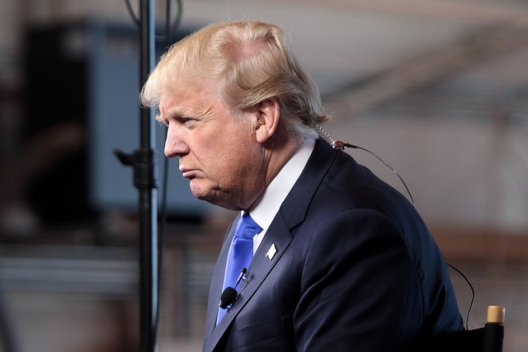 The United States’ greatest “return on investment” from our alliances does not come from increases in their military spending.
The United States’ greatest “return on investment” from our alliances does not come from increases in their military spending.
Peace is our return, a “dividend” that produces economic and security gains for the American people.
The United States has benefited economically from peace and stability in Europe and Asia. Trade and investment with our allies in Europe over the past several decades have contributed trillions of dollars to U.S. prosperity. Peace and stability in Asia over the past 30 years also have directly fueled U.S. economic growth. You cannot “make deals” in countries that are not stable and secure.
The United States also has accrued tremendous security benefits from our alliances by avoiding war. Since the end of World War II, NATO’s success has allowed the United States to avoid sacrificing soldiers and treasure fighting in Europe. Deterrence has worked. “Peace through strength,” as Ronald Reagan championed, has worked. Why abandon this decades-long strategy now?…
When framed in strategic terms, not transactional terms, what we provide to NATO is not a burden to our economy but a direct contribution to our safety and prosperity.
In addition, our allies have contributed directly to our security since we were attacked on Sept. 11, 2001. The only time Article 5 of the NATO treaty, which declares that an attack on any member is an attack on all, has been invoked was to defend us, not one of our allies. In our common fight to defeat al-Qaeda and its ally the Taliban in Afghanistan, our NATO partners have lost more than 1,000 soldiers. Estonia was not attacked on 9/11, but Estonians went to war with us and died with us to defend our collective security goals. Americans allies South Korea and Australia also contributed to our joint military operations in Afghanistan, while another ally, Japan, has contributed billions of dollars to our shared development efforts in Afghanistan….
Finally, it is no coincidence that our allies in Europe and Asia are also democracies. Their commitment to human rights and democratic governance means that we stand together in pushing back on autocratic states and anti-democratic movements. Trump doesn’t seem to care about democracy and human rights in foreign policy. But for the millions of people fighting for democracy and human rights around the world who do, an alliance that stands together to defend and advance these values helps their cause.
Michael McFaul is director of the Freeman Spogli Institute for International Studies and a Hoover fellow at Stanford University, and a contributing columnist to The Post. He was previously special assistant to President Obama at the National Security Council from 2009-2012 and former U.S. ambassador to Russia from 2012-2014.
Image: Donald Trump, Dec. 16, 2015 (photo: Gage Skidmore)
